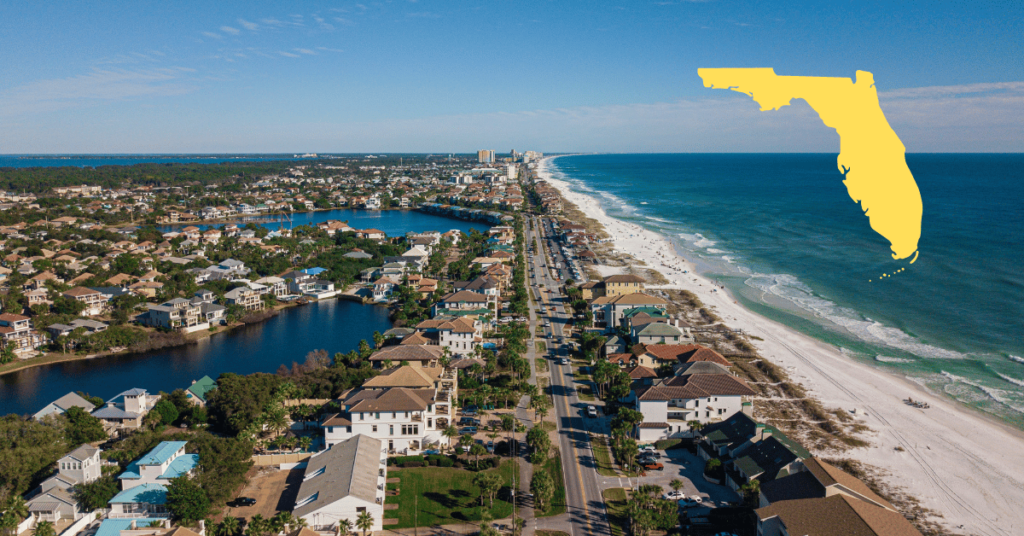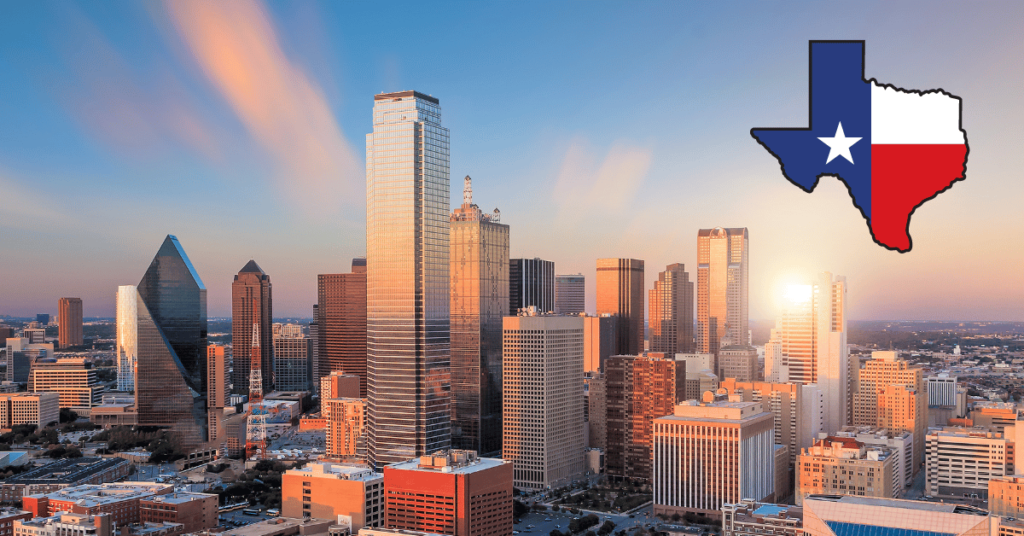Colorado is known for its breathtaking landscapes, vibrant culture, and outdoor recreational activities, making it an attractive destination for retirees. However, while the state’s natural beauty and active lifestyle appeal to many, understanding the costs associated with retiring in Colorado is essential.
This article explores the balance between lifestyle and living costs for retirees considering a move to the Centennial State.
The Allure of Colorado for Retirees

Natural Beauty and Outdoor Activities
One of the most compelling reasons to retire in Colorado is its stunning natural scenery. From the majestic Rocky Mountains to serene lakes and picturesque valleys, outdoor enthusiasts can enjoy a wealth of activities, including hiking, skiing, fishing, and golfing.
Vibrant Communities
Colorado is home to diverse communities, each offering unique amenities and lifestyle options. From the bustling urban life in Denver to the charming mountain towns like Estes Park, retirees can find the perfect place to suit their preferences and social needs.
Cultural Attractions
In addition to outdoor pursuits, Colorado boasts a rich cultural scene. Retirees can enjoy art galleries, museums, music festivals, and a thriving culinary landscape that celebrates local flavors and farm-to-table dining.
Living Costs in Colorado

Housing Costs
Housing is typically the largest expense for retirees. In Colorado, housing prices can vary significantly based on location. Major cities like Denver and Boulder tend to have higher housing costs, while smaller towns and rural areas offer more affordable options.
- Average Home Prices: As of 2024, the median home price in Denver is around $600,000, while smaller towns like Pueblo or Grand Junction may have median prices closer to $300,000.
- Renting vs. Buying: Many retirees may choose to rent instead of buying a home. Rental prices in Colorado can also be high, particularly in urban areas. Expect to pay around $2,000 per month for a two-bedroom apartment in Denver.
Healthcare Costs
Healthcare is a crucial consideration for retirees. Colorado has a mix of healthcare providers and facilities, which can influence costs:
- Health Insurance: The average monthly premium for health insurance in Colorado can range from $400 to $800, depending on the plan and coverage level. It’s important to explore options through Medicare, private insurance, or employer-sponsored plans for those over 65.
- Out-of-Pocket Expenses: Retirees should also budget for out-of-pocket healthcare expenses, including co-pays, prescriptions, and preventive care, which can add up quickly.
Transportation Costs
Getting around Colorado can impact living costs, particularly if retirees are not in walkable areas:
- Public Transportation: Major cities like Denver offer public transportation options, including buses and light rail. A monthly pass can cost around $100.
- Car Expenses: For those who prefer to drive, consider costs associated with owning a vehicle, including gas, insurance, and maintenance.
Groceries and Daily Living Expenses
Grocery prices in Colorado are generally in line with the national average, but costs can vary by region:
- Grocery Costs: Expect to spend around $300 to $600 per month on groceries, depending on dietary preferences and family size.
- Utilities: Average utility costs in Colorado can range from $150 to $300 per month, depending on the season and energy usage.
Finding the Right Balance
Creating a Budget
To balance lifestyle and living costs in Colorado, retirees should create a budget that accounts for all essential expenses, including housing, healthcare, transportation, and daily living costs. This budget will help retirees understand their financial situation and make informed decisions about where to live and how to allocate their resources.
Choosing the Right Location
Retirees should consider different locations within Colorado to find the perfect fit for their lifestyle and budget. For example, living in smaller towns or suburbs can provide a more affordable cost of living while still offering access to outdoor activities and community events.
Embracing a Healthy Lifestyle
Living in Colorado often promotes an active lifestyle, which can lead to health benefits and potentially lower healthcare costs in the long run. Engaging in outdoor activities, exercising, and participating in community events can contribute to overall well-being during retirement.
Conclusion
Retiring in Colorado offers a unique opportunity to enjoy a vibrant lifestyle amidst stunning natural beauty. However, it’s essential to balance these lifestyle desires with the associated living costs. By understanding housing, healthcare, transportation, and daily living expenses, retirees can make informed decisions that align their budget with their desired lifestyle. With careful planning, retirees can enjoy all that Colorado has to offer while maintaining financial stability.
If you have any further questions feel free to comment down below or contact retiresmart for any help!
FAQs
What is the average cost of living for retirees in Colorado?
The average cost of living in Colorado can vary greatly depending on the city or town. Major cities like Denver can be more expensive, with higher housing and living costs, while smaller towns may offer more affordable options.
Are there affordable housing options for retirees in Colorado?
Yes, while major urban areas may have higher housing costs, many smaller towns and rural areas in Colorado offer more affordable housing options for retirees.
What healthcare options are available for retirees in Colorado?
Retirees in Colorado can access Medicare, private health insurance, and employer-sponsored plans. It’s essential to explore various options to find the best coverage for individual needs.
Is public transportation available for retirees in Colorado?
Yes, major cities like Denver have public transportation systems, including buses and light rail, which can be convenient for retirees who prefer not to drive.
What recreational activities are popular for retirees in Colorado?
Colorado offers a wide range of recreational activities, including hiking, skiing, biking, fishing, and numerous cultural events that retirees can enjoy year-round.




